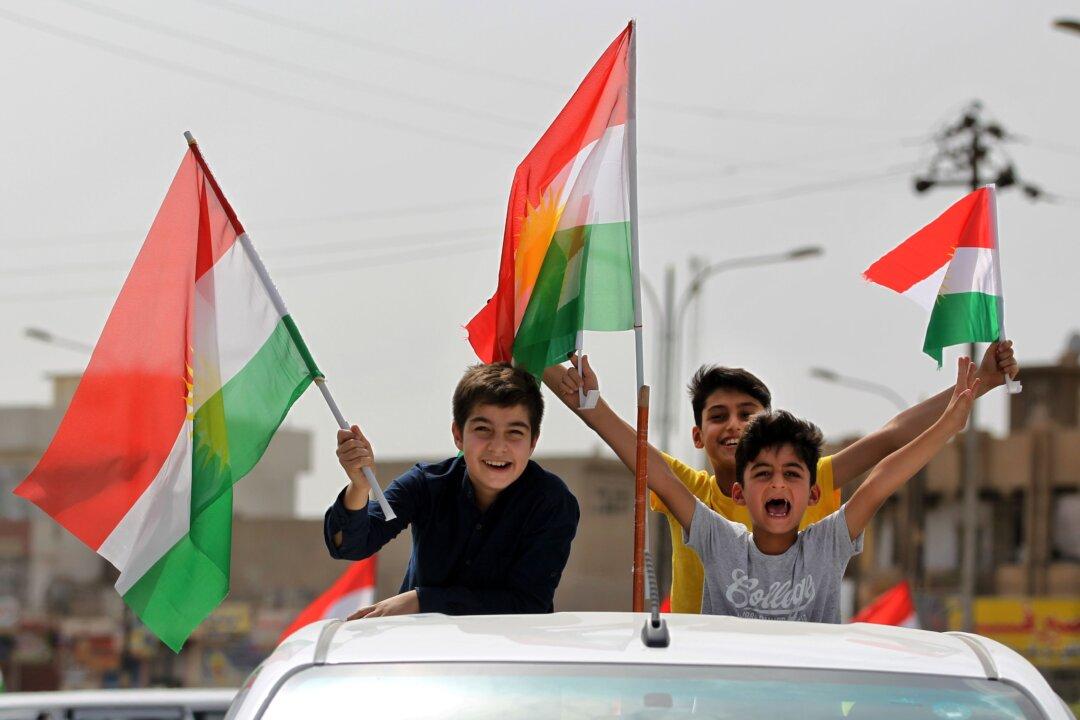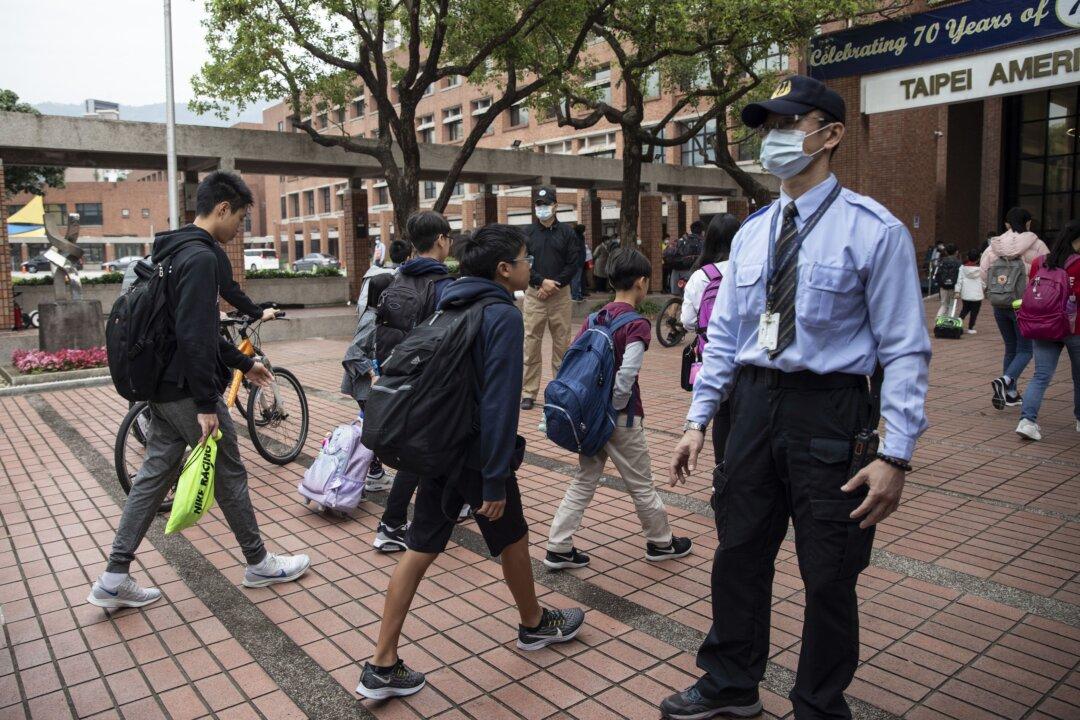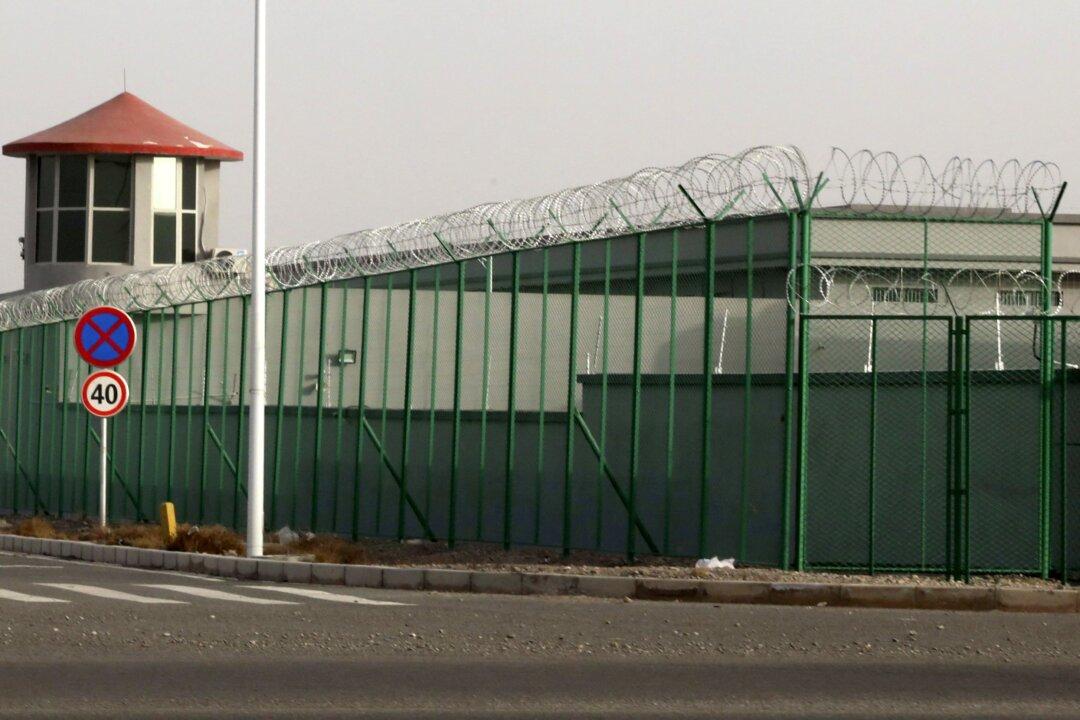With a scattered population of 28-35 million, indigenous Kurds are one of the largest ethno-cultural communities in the Middle East. As reluctant residents of adjacent regions of Armenia, Iran, Iraq, Syria and Turkey, they have long sought to create an independent national homeland.
Elsewhere, the world was transforming itself over more than a century from approximately 53 independent countries in 1900 to about 193 today. In the Middle East alone, Arabs today have 22 states; Turks, Iranians and Jews each have one.





